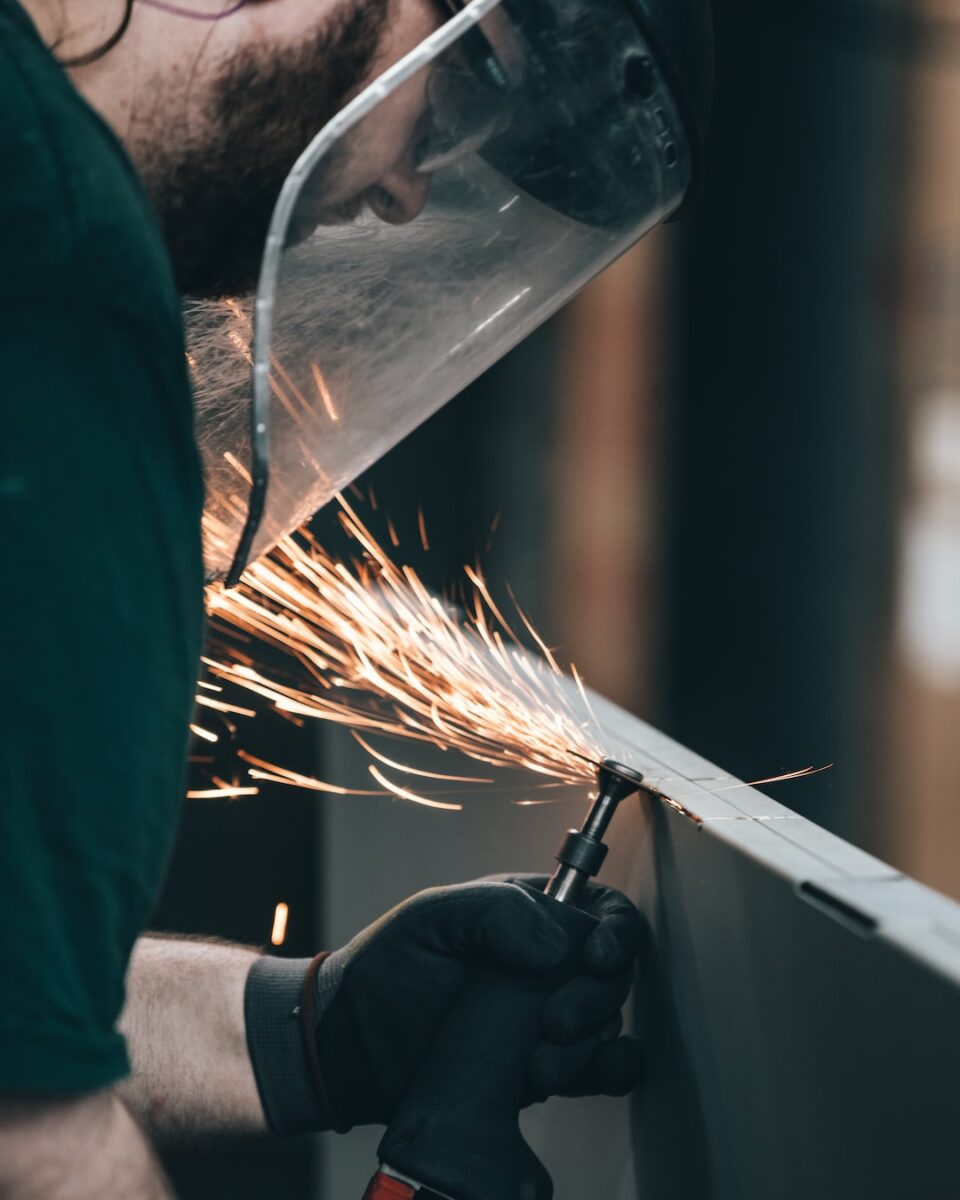Advancements in technology have influenced almost every aspect of our lives, and the manufacturing industry is no exception. Robotics, in particular, has revolutionized the manufacturing process, streamlining operations and enhancing efficiency like never before. From automating simple tasks to performing complex operations, robots are playing a crucial role in shaping the future of manufacturing.
One of the primary reasons for integrating robotics into manufacturing processes is the increased accuracy and precision they offer. Unlike human workers, robots can consistently perform repetitive tasks with extraordinary precision, minimizing the chances of errors. This leads to a significant improvement in product quality and reduces the need for rework, ultimately enhancing customer satisfaction.
Not only do robots ensure accuracy, but they also excel in speed and productivity. Automation eliminates the need for breaks, fatigue, and human limitations, allowing robots to work 24/7 without compromising their output quality. Manufacturers can meet high product demand, reduce lead times, and increase production volumes, all while maintaining consistency and fast-paced operations.
Safety is another crucial aspect that robots address in manufacturing processes. Certain manufacturing tasks can be risky or hazardous for human workers, such as handling heavy materials or working in environments with harmful substances. By employing robots for such activities, manufacturers can significantly reduce the risk of accidents and injuries. This increases workplace safety and provides a better work environment for employees.
Robots also prove to be cost-effective in the long run. Although the initial investment in robotics might be substantial, the benefits, including increased productivity and reduced labor costs, outweigh the costs in the long term. Robots eliminate the need for a large workforce, resulting in reduced labor expenses. Additionally, automated processes lead to minimal material wastage and optimized resource utilization, further reducing costs for manufacturers.
The integration of robotics in manufacturing processes also brings about numerous opportunities for upskilling and job development. Instead of replacing human employees, robots complement their efforts by taking over repetitive and mundane tasks, freeing up human workers to focus on more creative and skilled tasks. This not only enhances employee job satisfaction but also creates opportunities for reskilling and upskilling the workforce to adapt to new technology and take up higher-value roles.
Moreover, robotics offers manufacturers real-time data collection and analysis capabilities. With the help of sensors, robots gather critical data during the manufacturing process, allowing manufacturers to monitor and analyze various parameters such as quality, efficiency, and productivity. This helps in identifying areas for improvement and making data-driven decisions to optimize processes and enhance overall performance.
While the role of robotics in streamlining manufacturing processes is undeniable, it is important to note that the successful integration of robots requires careful planning and implementation. Manufacturers need to assess their specific needs, consider factors such as process complexity and cost-effectiveness, and invest in suitable robotic solutions.
In conclusion, robotics has revolutionized the manufacturing industry by streamlining processes and enhancing efficiency. By offering accuracy, speed, productivity, safety, and cost-effectiveness, robots have become an integral part of modern manufacturing. The role of robotics is not limited to replacing human workers but rather transforming the nature of their work and creating opportunities for upskilling. As technology continues to evolve, we can expect robots to play an even bigger role in manufacturing, driving innovation and shaping the future of the industry.

